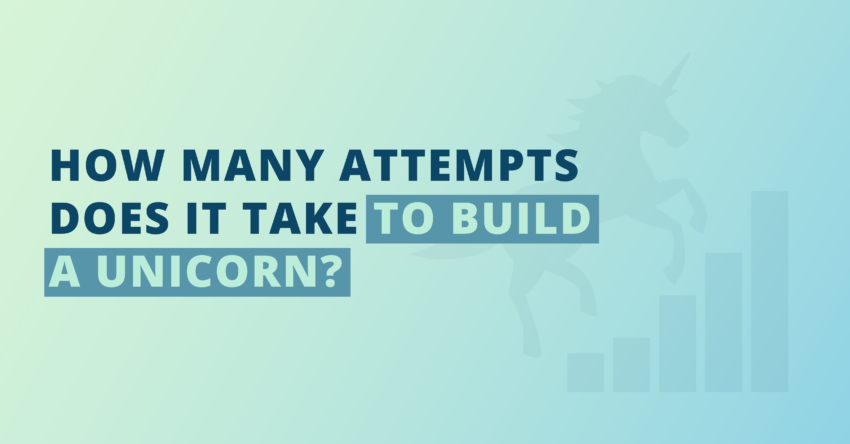India’s startup ecosystem has grown rapidly over the last decade, producing more than 100 unicorns – companies valued at over $1 billion.
While the spotlight often shines on these unicorns’ market dominance and innovation, an equally compelling story lies beneath: the entrepreneurial journey of the founders.
According to an analysis by PrivateCircle Research, about 60% of unicorn founders in India are first-time founders. Unicorn is a term given to a company valued over $1 bn.
However, there are interesting trends that emerge among the rest 40% Indian unicorn founders, who are serial entrepreneurs.
Out of the 261 unicorn founders analysed in this report, 29% founders took two attempts to build their first unicorn and another 6% took three tries.
For instance, Zepto founders built KiranaKart before landing on the idea of the quick commerce app.
Kunal Shah famously sold Freecharge to Snapdeal before launching the $6.4 bn worth fintech unicorn CRED. Vineet Rao built two companies (SpectraVR and Shopwest) before founding Dealshare.
We have considered a list of 110 Indian unicorns excluding companies like Ola Electric, Krutrim, Xpressbees, Glance, Globalbees, and Oxyzo – which are second or third unicorn started by the same founder.
However, it was interesting to note that the second companies of a unicorn founder achieved unicorn status in a median time of 1.5 years – which is much faster than the time taken to build their first unicorn. (Read our previous blog on How long do Indian startups take to reach unicorn status?)
This isn’t just about success – it’s about resilience, learning from failure, and leveraging those experiences to scale greater heights. Serial entrepreneurs come into their second or third ventures with insights, experience, and often better access to networks and capital.
They have had time to hone their business acumen, understand market dynamics, and improve their leadership skills.
As serial entrepreneurs go on to build billion dollar companies, the Indian startup ecosystem has also evolved to embrace failure more than ever before. Today, VCs and investors look for founders who have experienced failure and come back stronger, seeing them as possessing grit, adaptability, and the ability to pivot when needed.
As India’s startup ecosystem matures, we are likely to see a greater number of serial entrepreneurs launching new ventures. The lessons they bring from previous ventures will continue to elevate India’s position in the global startup landscape.
Meanwhile, first-time founders will still break through, driven by ambition and a fresh approach to market needs.
Whether it’s their first attempt or their third, the journey to unicorn status is never easy—but for those with the vision and tenacity to make it, the reward is well worth the effort.
Stay tuned for more in-depth analyses and insights on the top private market deals, brought to you by PrivateCircle Research.

Follow us on social media for latest updates and insights into the dynamic landscape of Indian Private Markets.

